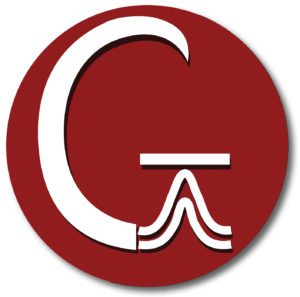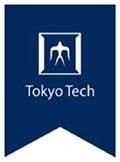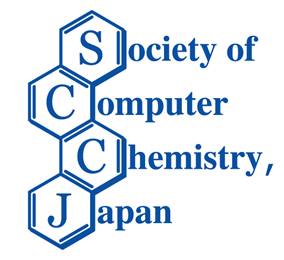Introduction to Gaussian: Theory & Practice



Gaussian, Inc. is pleased to announce that the workshop “Introduction to Gaussian: Theory and Practice” will be held in Tokyo, Japan from August 27th through 31st, 2018 at the School of Materials and Chemical Technology of Tokyo Institute of Technology (Tokyo Tech). The workshop is co-hosted by Tokyo Tech and Gaussian, Inc. in association with the Society of Computer Chemistry, Japan. Researchers at all levels from academic and industrial sectors are welcome.
The workshop will cover the full range of methods available in the Gaussian 16 package with emphasis on new methods and features which make Gaussian 16 applicable to an ever widening spectrum of research applications. The workshop is structured to provide an introduction to electronic structure theory as well as a hands-on review for researchers active in the field, and will focus on methods for computing energies, exploring energy landscapes, studying molecular properties and practical user considerations. All lectures will be presented in English.
Coffee breaks at the workshop will be sponsored by NVIDIA.
Registration Information
Cost:
Academic faculty/staff: $450 per person
Commercial: $600 per person
Students: $250 per person
Deadline: Registration materials and the registration fee must be received by August 3, 2018.
You may register with one of our sales agents using this registration form.
Alternatively, you may register directly with Gaussian, Inc. using this registration form.
The number of participants is limited. The workshop is expected to fill up and acceptance is on a first-come, first-served basis.
Workshop Details
Instructors: Dr. Douglas Fox (Gaussian, Inc.), Prof. Jim Foresman (York College of PA), Prof. Mike Bearpark (Imperial College, UK) and Dr. Rika Kobayashi (Australia Nat. Univ.). Instructors are subject to change without notice.
Special Guest Lecture: We are honored to include a lecture by Prof. Hiroshi Nakatsuji of the Quantum Chemistry Research Institute in Kyoto.
Outline of Workshop Topics:
Compute Energies
- Independent Particle Models
- SCF Convergence and Stability
- Electron Correlation Methods
- CASSCF
- Model Chemistry
- Composite Model Chemistries
- Using ONIOM
- Solvation
- Periodic Boundary Conditions
Explore Energy Landscapes
- Optimizing Reactants and Products
- Optimizing Transition States
- Reaction Path Following and Dynamics
Study Molecular Properties
- Wavefunction and Orbital Analysis
- Vibrational Spectroscopy
- NMR and Magnetic Properties
- Chiro-Optical Spectroscopy
- Optical and UV Spectra
Practical Considerations
- Designing Computational Experiments
- Basics of Running Gaussian Calculations
- Anatomy of a Gaussian Input File
- Output Files
- Gaussian Utility Programs
- Computational Considerations
- Summary of Standard Methods
There will be hands-on sessions each day. Workshop participants will be provided with the use of a workstation to complete exercises, experiment, and/or conduct short research topics. The GaussView user interface will be used to perform visualization of results and to facilitate calculation setup. Each workshop participant will be provided a copy of the lecture notes and a copy of Exploring Chemistry with Electronic Structure Methods, 3rd Edition (Japanese translation). If you would prefer the English version of Exploring Chemistry, please indicate this on your registration form.
Poster Session: There will be a poster session for workshop participants. If you would like to present a poster, indicate this on your registration form. Feel free to present work-in-progress in order to facilitate conversation with instructors and other attendees.
Hotel Accommodations: Participants must arrange for their own hotel accommodation (costs will be the responsibility of each participant).
Meals: Coffee and tea breaks will be provided. All meals will be the responsibility of each participant.
For further details and application procedures, contact the Workshop Coordinator at Gaussian, Inc.
Last update: 1 August 2018
































